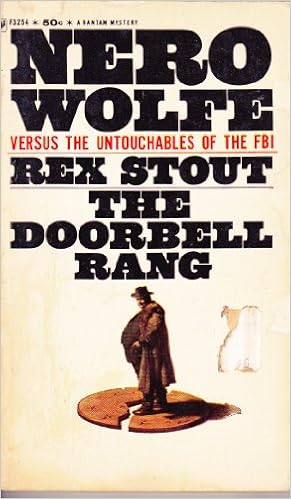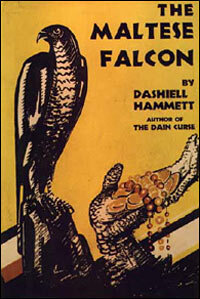Attempting to predict anything in publishing is a mug’s game, especially trying to predict how long it will take for a short story to find a home.
I’ve been on a roll this summer, with 10 original short story acceptances beginning June 20 and ending as I write this, a few days before it posts. (I placed a pair of reprints and a few originals earlier this year, but I’m only looking at my recent summer sales because there are some interesting things to note.)
Ten acceptances in nine weeks means an average of 1.11 acceptances per week. It’s been quite a while since I’ve had acceptances at a rate averaging more than once a week.
Six were accepted by paying publications; four by non-paying publications.
Three stories were accepted on first submission, five on second submission, and two on third submission.
The two fastest responses came quickly—one the same day as the submission and the other the day after submission. The slowest response took one year and 11 days. Ignoring the three outliers, acceptances ranged from eight days to 120 days.
One story took 10 days from submission to acceptance, but in between the editor requested some small revisions, so I date the acceptance as the day the editor accepted the revised version.
One other story required a revision before it was accepted, but the editor did not request the revision. The original rejection letter was so specific that I knew what I needed to change to fix/improve the story, but the story sat on my computer for more than three years before I figured out how to solve the problem. I submitted the revised story to the same editor with a note about why I was resubmitting it and what I had done to fix the problem. An acceptance followed. So, it sold on second submission, but to the same editor who had previously rejected it.
Eight of the stories are crime fiction. Two are romances.
One story was written to invitation. One was written for an open-call anthology. The two romances were originally written for a specific market that did not accept them. The other stories were of the “write first, market second” variety, which I haven’t been doing much of the past few years. Most of my writing has been “market first, write second”—that is, writing stories by invitation or writing to meet specific open-call anthology guidelines.
Now, here’s where I found some interesting data:
One story was written in 2003, one in 2010, two in 2016, one in 2020, one in 2024, and the last four were written this year, which means the oldest story would be old enough to vote, were it a person, and another would be getting its learner’s permit to drive. Many of the publications where I placed these stories did not exist when I wrote the stories.
What I learned from these acceptances is two-fold: 1) Never throw anything away because 2) the market is in constant flux.
I’ll be surprised if this pace continues, but it might. I’ve been looking through my unsold stories and putting them back out to market. After all, they’ll never be published if I don’t submit them.
* * *
I’ve been having a good streak with publications as well. In addition to the five stories I mentioned in my two previous posts, two more stories are hitting newsstands and mailboxes as you read:
“The Girl in the Shop” appears in the September/October issue of Alfred Hitchcock’s Mystery Magazine and “Blind Pig” appears in the September/October issue of Ellery Queen’s Mystery Magazine.
“Curves” was published August 17 on Guilty Crime Story Magazine’s website.
* * *
Like many of you, I’ll be at Bouchercon in New Orleans the first week of September.
Barb Goffman and I will accept the inaugural Derringer Award for Best Anthology for Murder, Neat. I will also be celebrating Tammy Euliano’s Derringer Award for Best Long Story for “Heart of Darkness” (Scattered, Smothered, Covered, and Chunked, which I co-edited with Stacy Woodson), and I’ll be celebrating Stacy Woodson’s Derringer Award for Best Novelette for “The Cadillac Job” (Chop Shop, which I edited).
I’ll be hanging on tenterhooks awaiting word about M.E. Proctor’s Shamus Award nomination for Best PI Story for “Drop Dead Gorgeous” (Janie’s Got a Gun, which I edited).
And I’ll be hanging on different tenterhooks awaiting the announcement of the Anthony Award for Best Anthology because I co-edited two of the nominees: Murder, Neat, with Barb Goffman, and Scattered, Smothered, Covered, and Chunked, with Stacy Woodson.
I’ll also be participating in two events:
“Killing Your Darlings: Edit that Manuscript,” a panel discussion with me, Luisa Cruz Smith, Donald Maass, Paula Munier, and Otto Penzler, moderated by Sara J. Henry. Friday 2:30–3:25 p.m. in Galarie 5-6, followed by a signing in the Acadia Ballroom.
“Jumpstart Your Story,” which I’ll co-host with Harry Hunsicker and Stacy Woodson. Saturday, 10:00–11:00 a.m., in the Media Room.
If you see me, say howdy!































